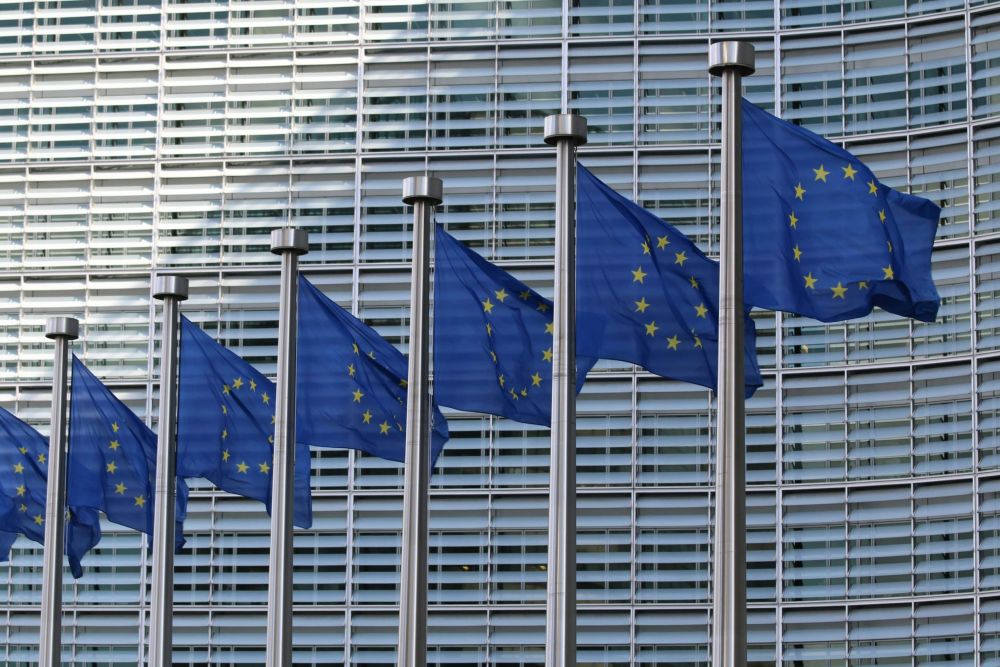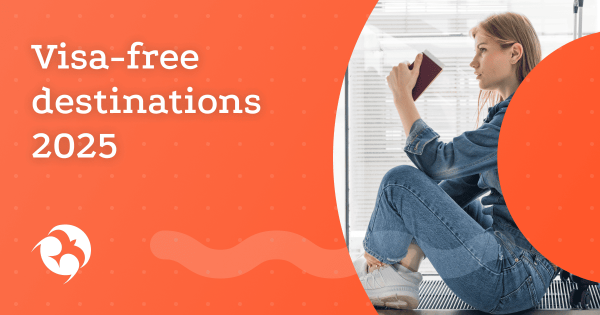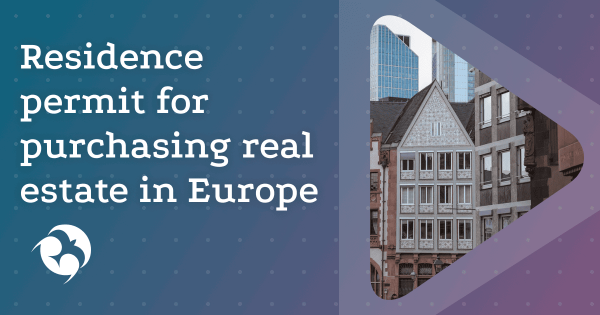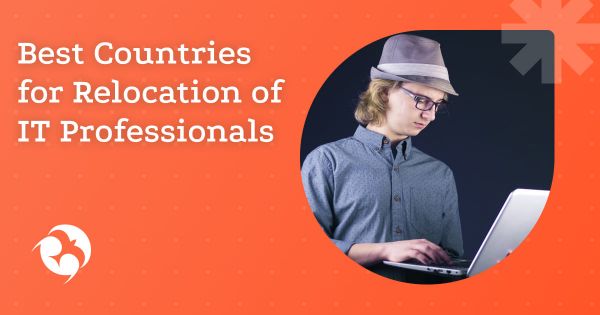Which countries issue residence permits in Europe
Despite changes in migration rules in some European countries, foreign nationals can obtain residence permits on certain grounds, including investment, study, employment, starting a business and family ties.
Table of residence permit programs in European countries
| Country | Program name | Minimum investment amount | Duration of obtaining a residence permit | Description |
|---|---|---|---|---|
| Portugal | Golden Visa Portugal | 280 000 € | ~6-8 months | Real estate or business investment. Suitable for investors, digital nomads and retirees. |
| Spain | Visado de residencia para inversores | 500 000 € | ~2-4 months | “Golden Visa” for real estate investments. A program for financially independent individuals is also available. |
| Greece | Golden Visa Greece | 250 000 € | ~2-3 months | One of the most affordable Golden Visa programs when buying real estate. |
| Cyprus | Cyprus Permanent Residency Program | 300 000 € | ~2-4 months | Residence permit through the purchase of real estate or opening a business. |
| Italy | Investor Visa for Italy | 250 000 € (startups), 500 000 € (businesses) | ~3-6 months | Suitable for investors, pensioners and entrepreneurs. There are tax benefits. |
| Montenegro | Residence Permit for Business | 50 000 € (for starting a business) | ~1-3 months | Simplified residence permit when opening a business. |
| Serbia | Temporary Residence Permit in Serbia | 20 000 € (real estate) | ~1 months | Available for real estate, business or employment purchases. |
| Hungary | Hungary Residency Bond Program (приостановлена) | 30 000 € (students) | ~1-3 months | Easy terms and conditions for students, entrepreneurs and families. |
| France | Titre de séjour compétences et talents | Individually | ~2-6 months | Programs through training, job placement and talent projects. |
| Germany | Blaue Karte EU (Blue Card) | Individually | ~3-6 months | Residence permit for highly qualified professionals, students and entrepreneurs. |
TOP programs
In 2024, a new type of residence permit is being actively developed – the digital nomad visa, which provides an opportunity to obtain legal status without investing a lot of money at the start. At the moment we offer more than 20 programs
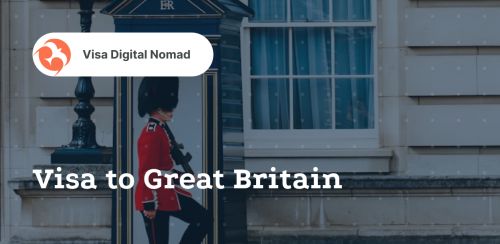

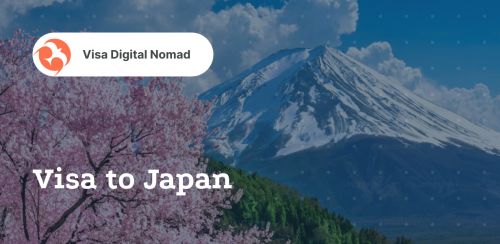

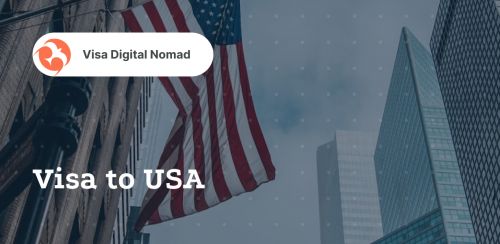

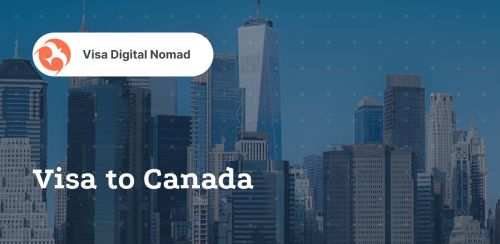

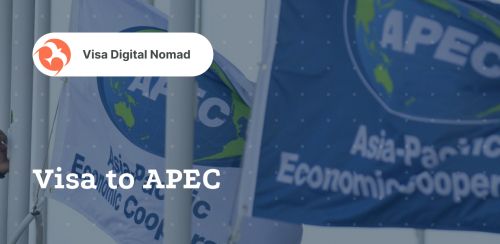
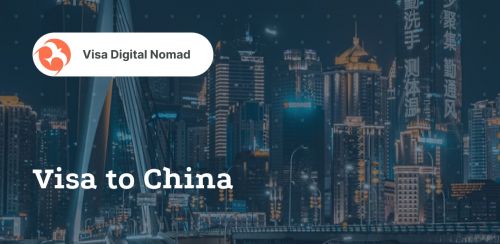

What do you get?
- Freedom of residence. Being in the country with no restrictions on the number of days per year. This gives you stability and certainty for long-term planning.
- Right to work. The ability to work officially in the country, plan your career development and financial independence.
- Free movement. Unhindered access to Schengen countries, which is especially valuable for travelers and entrepreneurs (the exception is the UK, which will leave the EU in 2020).
- Health care. Access to European medical facilities, including specialist consultations and treatment in the best clinics (availability of medical insurance covering all risks is a prerequisite for obtaining a residence permit). We have made a detailed breakdown of programs and insurance companies.
- Banking products. Become a client of European banks, open accounts, get loans and use financial instruments.
- Path to citizenship. Perhaps the most important advantage. This is the first step to obtaining a permanent residence permit (PML) and then citizenship of the country, which gives a full range of rights.
What kind of documents are needed?
Depending on the country and type of program, you will need to prepare a standard package of documents. Attention: requirements may vary, to avoid mistakes, you can always check the current composition of the required documents with our migration experts.
Basic package of documents:
- Foreign passport – valid at the time of application.
- Photographs – standard passport format.
- Application form – a form provided by the migration authorities.
- Proof of financial solvency – bank statements, income statements, tax returns.
- Grounds for residence permit – investment documents, letters from educational institutions or employers.
- Proof of residence – lease agreement or real estate documents.
- Medical insurance – coverage of medical expenses in the country.
- Certificate of absence of criminal record – from the authorities of the country of residence.
- Medical certificate – proof of absence of dangerous diseases.
- Fee payment – a receipt of consular fee payment.
Additional Documents:
- Marriage or birth certificate of children (for family programs).
- Recommendations from employer or partners.
- Business plan (for entrepreneurs).
- Education documents (diplomas, certificates for students and specialists).
How to apply for a residence permit in the European Union?
Determine the basis for obtaining a residence permit
- Investments: Golden Visa type programs through buying real estate, starting a business or other investments.
- Education: Enrollment in a European university.
- Employment: Having a contract with an employer in the EU.
- Family reunification: If a relative is an EU citizen or resident.
- Financial independence: Having sufficient income to live without working.
Prepare a package of documents
The standard list includes:
- A foreign passport with sufficient validity period.
- Passport format photos.
- Proof of financial solvency (bank statements, income certificates).
- Grounds for obtaining a residence permit (real estate purchase agreement, letter of enrollment in a university, employment contract, etc.).
- Lease agreement or property documents.
- Medical insurance.
- Certificate of absence of a criminal record.
We remind you: It is better to check the actual list of documents at the consulate of the chosen country or with our migration specialists.
Submitting an application
- The application is submitted through the country’s consulate in Russia or through the migration services in the EU (if you are already there).
- You will need to pay a state duty (the amount depends on the country).
Interview and awaiting a decision
In some cases, an interview with the migration authorities is scheduled. The interview with the consul is a crucial stage. The application process may take from 1 to 6 months depending on the country. It is important not to fail the interview!
What a candidate must answer in order to get a visa: typical questions a consul asks ⬇️.
Obtaining a residence permit
After the application is approved, you will be issued a residence card, which confirms your status. It is important to comply with the conditions of stay (e.g. to live a certain number of days per year in the country that issued the residence permit).

Each country has its own nuanced requirements. For example:
- In Spain, financially independent individuals will need to show an annual income of at least €25,000.
- In Portugal, a contract with a foreign company must be provided for the digital nomad program.
Before applying, it is important to contact the migration service or get advice from specialists to avoid mistakes in the documents. If you need help with a specific country, check!
Interview questions
- What is the purpose of your move?
- With whom do you plan to live in the country?
- Are you married? Do you have children?
- What support do you receive from your family or partners?
- Why did you choose our country?
- Tell us about your investment program (if through Golden Visa).
- Confirm your study or work plans (if through work or study).
- What steps have you taken to integrate (learning the language, familiarizing yourself with local laws and culture)?
- What sources of income do you have?
- Do you have enough money to live in our country?
- Do you plan to work or live on savings?
- Can you prove the assets listed in the application?
- Where do you plan to live? Do you have a place to live?
- Do you have a rental agreement or have you bought a property?
- Do you plan to change your residence in the future?
- Do you plan to get a permanent residence permit (PML) or citizenship?
- What will you do if you do not get a Permanent Residence Permit?
- How long do you intend to stay in the country?
- Do you maintain ties with your home country?
- Do you have any obligations that may prevent you from living here?
- Do you speak the local language? If not, do you plan to learn it?
- What steps will you take to integrate into the local community?
- Do you understand your rights and responsibilities as a resident?
